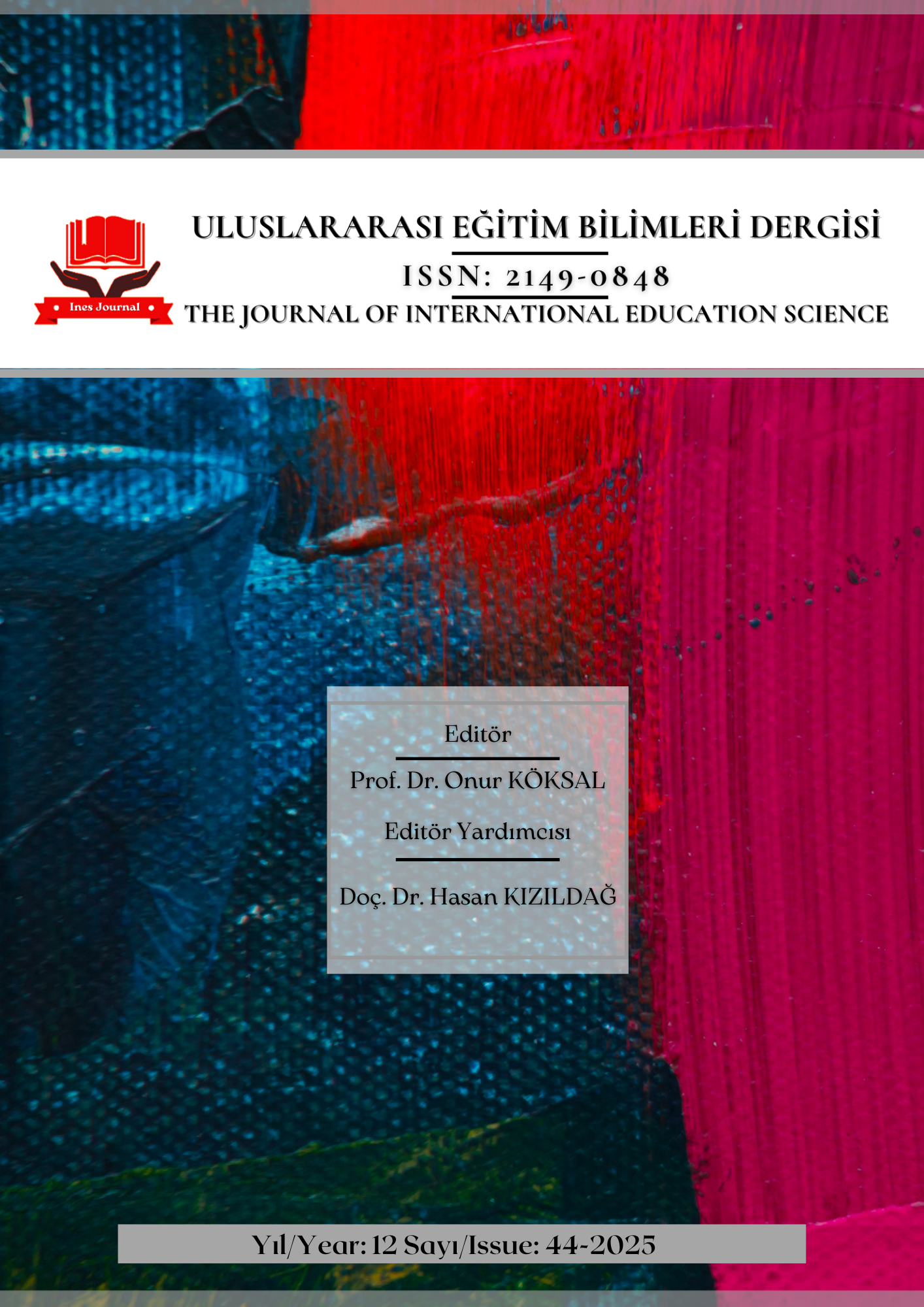Matematik Öğretiminde Argümantasyonun Etkisi: Ortaokul Öğrencilerinin Eleştirel Düşünme Eğilimleri ve Derse Yönelik Görüşleri Üzerine Bir İnceleme
Author :
Abstract
Bu araştırmada, 7. sınıf matematik dersinde argümantasyon temelli öğretim yönteminin, öğrencilerin eleştirel düşünme eğilimlerine etkisi incelenmiştir. Çalışma, öntest-sontest kontrol gruplu yarı deneysel desenle yürütülmüştür. Kuzey Makedonya’nın Gostivar şehrindeki bir devlet ortaokulunda öğrenim gören 66 yedinci sınıf öğrencisi araştırmaya dahil edilmiştir. Basit rastgele örnekleme ile belirlenen bu öğrencilerin 33’ü deney, 33’ü kontrol grubunda yer almıştır. Deney grubuna matematik dersi argümantasyon temelli öğretimle, kontrol grubuna ise mevcut programa uygun şekilde işlenmiştir. Her iki gruba da Eleştirel Düşünme Eğilim Ölçeği öntest ve sontest olarak uygulanmıştır. Ayrıca deney grubundaki bazı öğrencilerle yarı yapılandırılmış görüşmeler yapılmıştır. Veriler dağılım özelliklerine göre analiz edilmiştir. Bulgular, öntest puanlarında anlamlı fark olmadığını; ancak sontest puanlarında deney grubu lehine anlamlı fark bulunduğunu göstermiştir. Görüşmelerde öğrencilerin yönteme karşı olumlu tutum sergilediği belirlenmiştir.
Keywords
Abstract
This study examined the effect of the argumentation-based teaching method on students' critical thinking dispositions in the 7th grade mathematics course. The study was conducted using a quasi-experimental pretest-posttest control group design. A total of 66 seventh-grade students from a public middle school in Gostivar, North Macedonia, participated in the study. These students were selected through simple random sampling, with 33 assigned to the experimental group and 33 to the control group. The experimental group was taught mathematics using the argumentation-based teaching method, while the control group received instruction according to the existing curriculum. The Critical Thinking Disposition Scale was administered as a pretest and posttest to both groups. Additionally, semi-structured interviews were conducted with some students from the experimental group. The data were analyzed according to their distribution characteristics. The findings showed no significant difference in pretest scores; however, a significant difference in favor of the experimental group was found in the posttest scores. The interviews indicated that students demonstrated a positive attitude toward the method.





